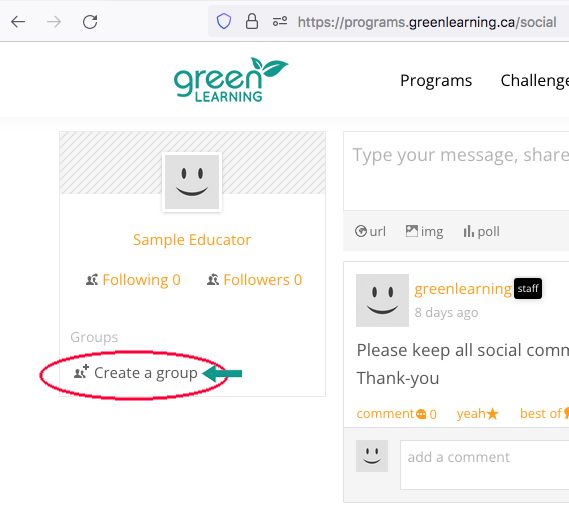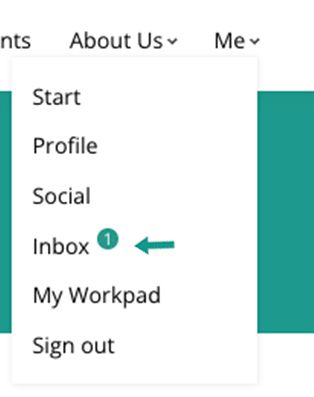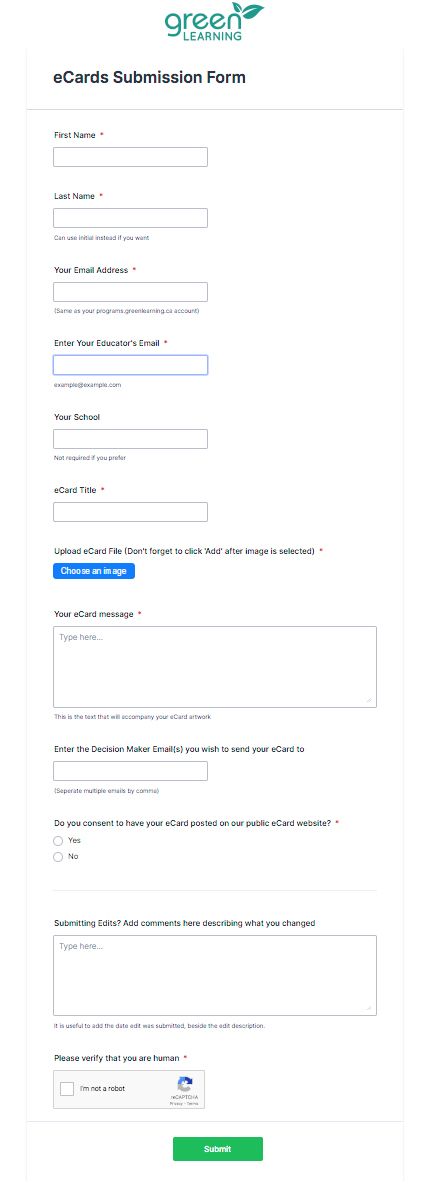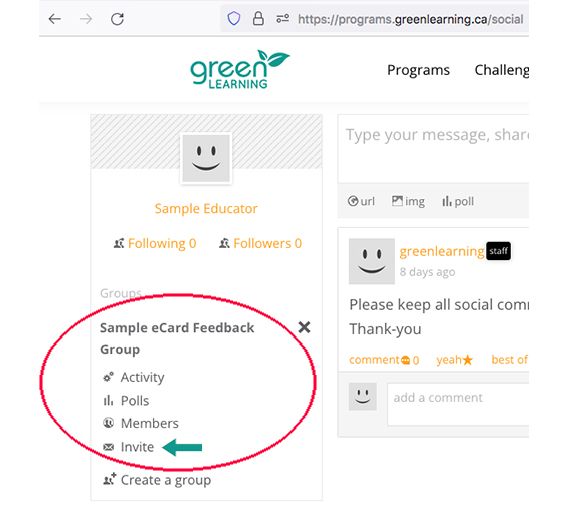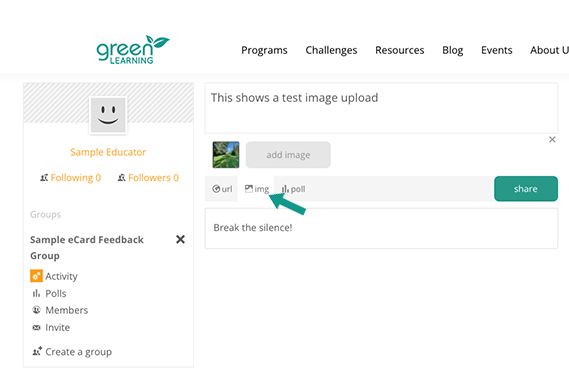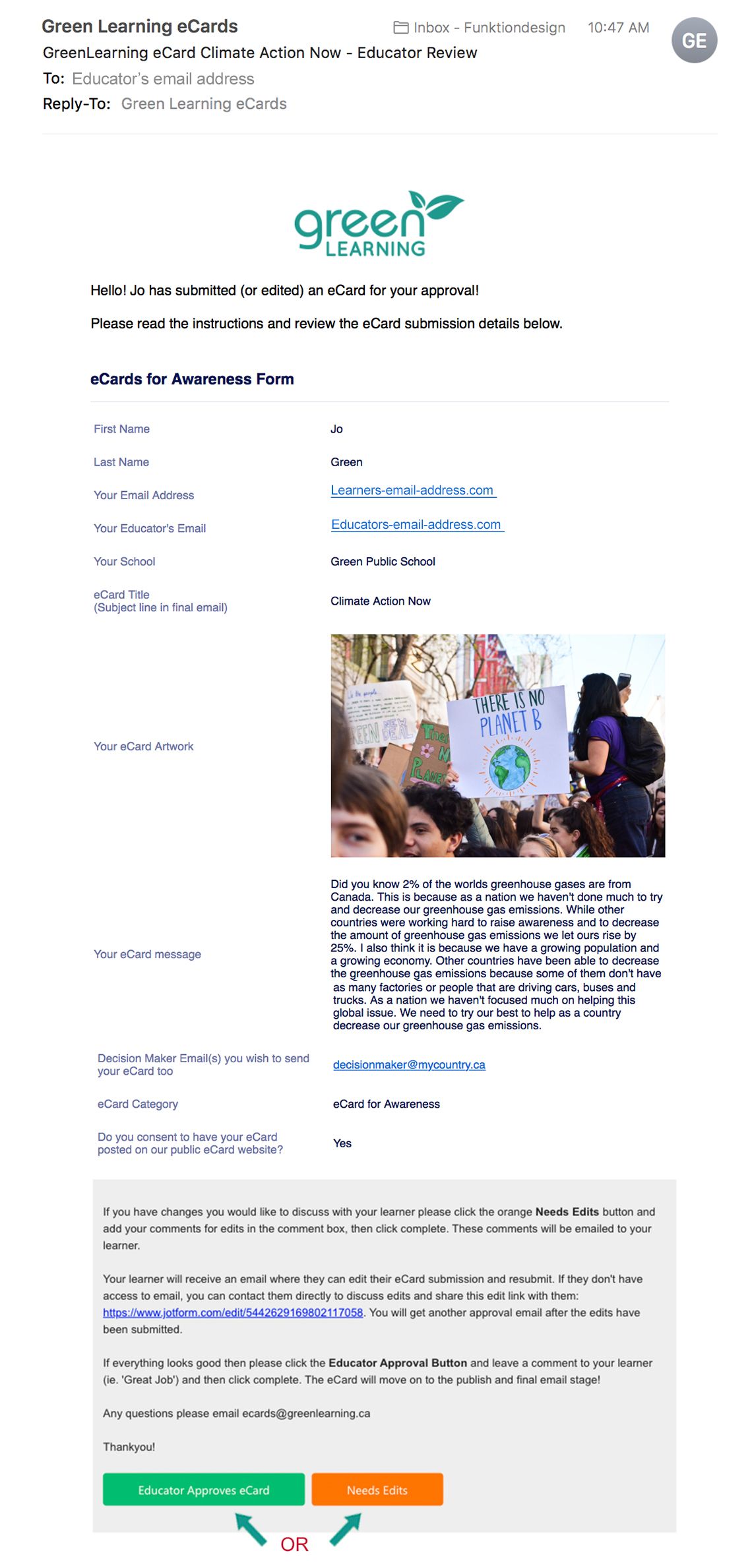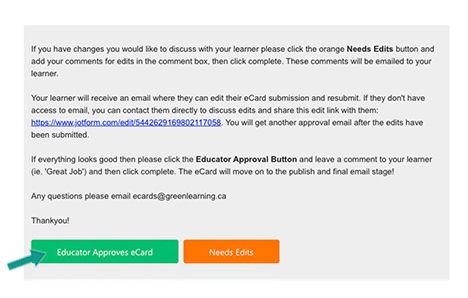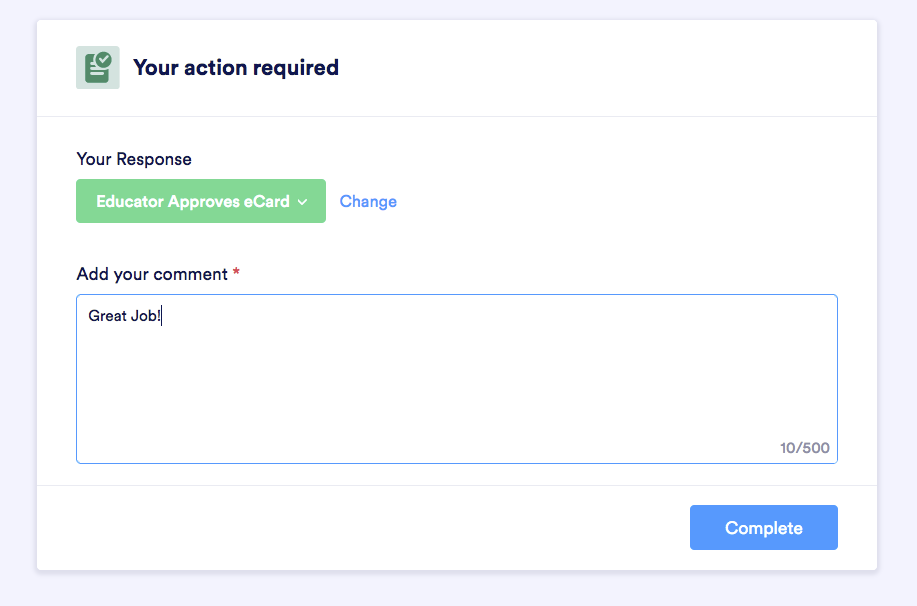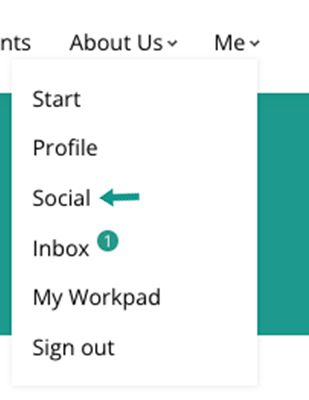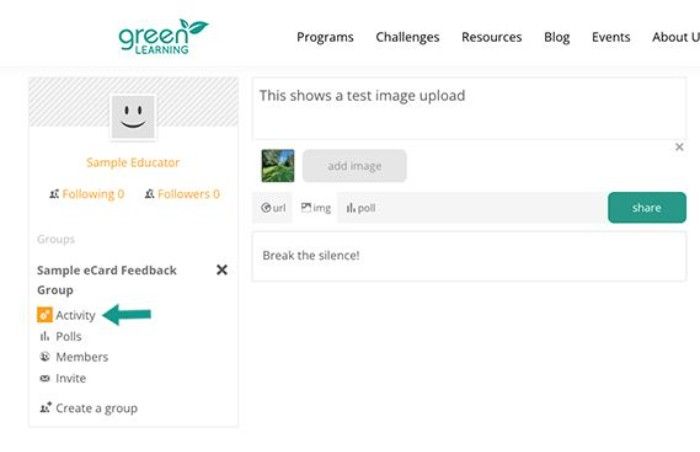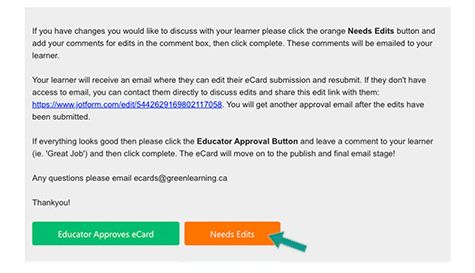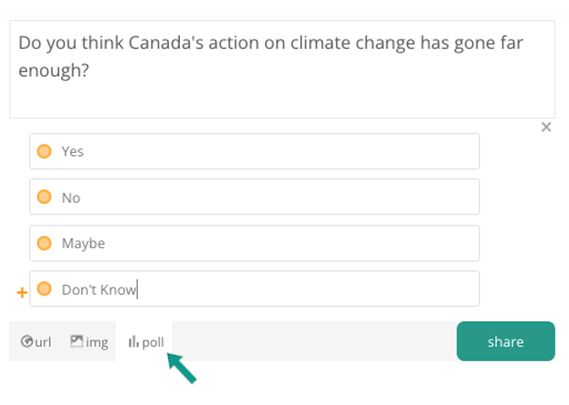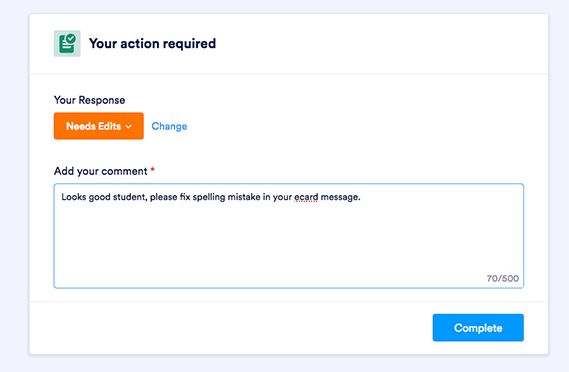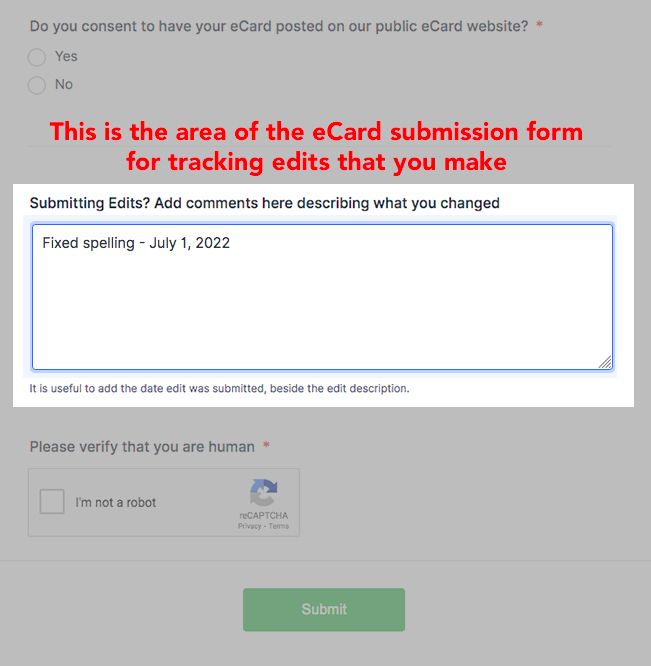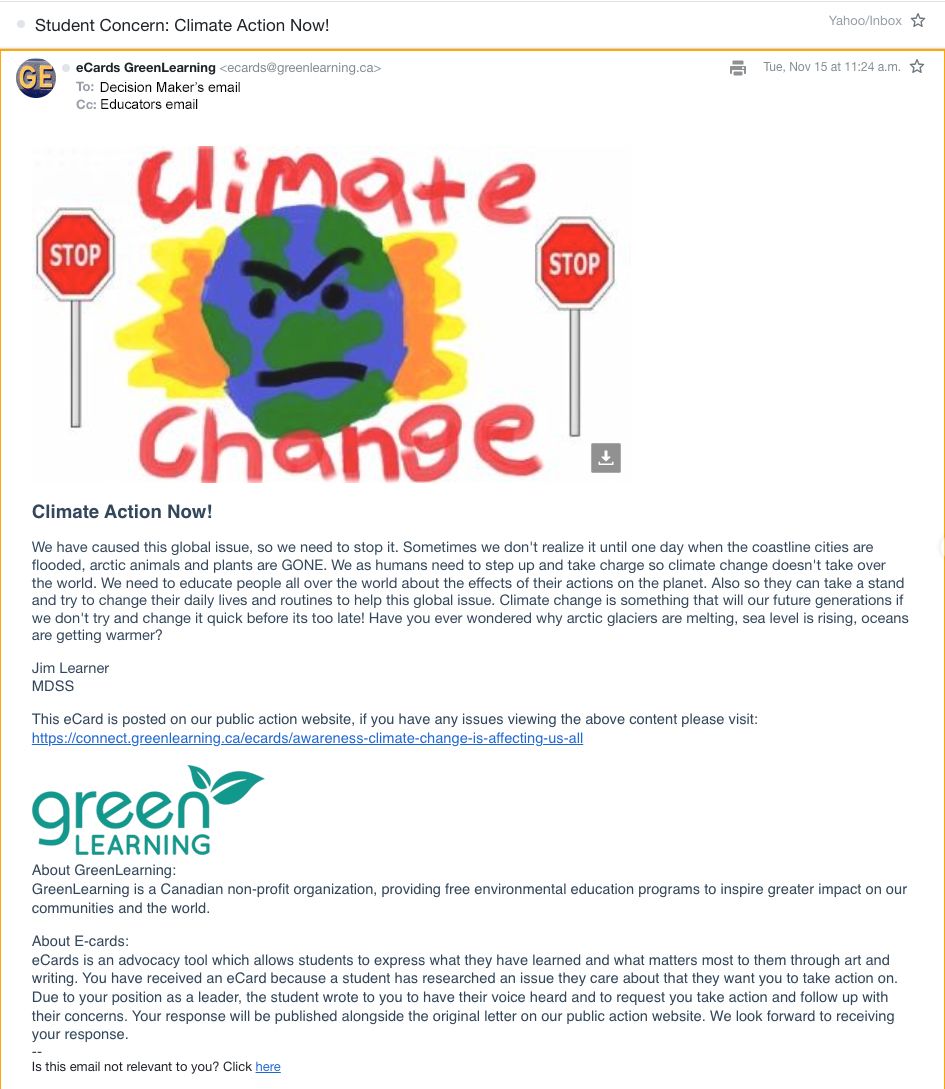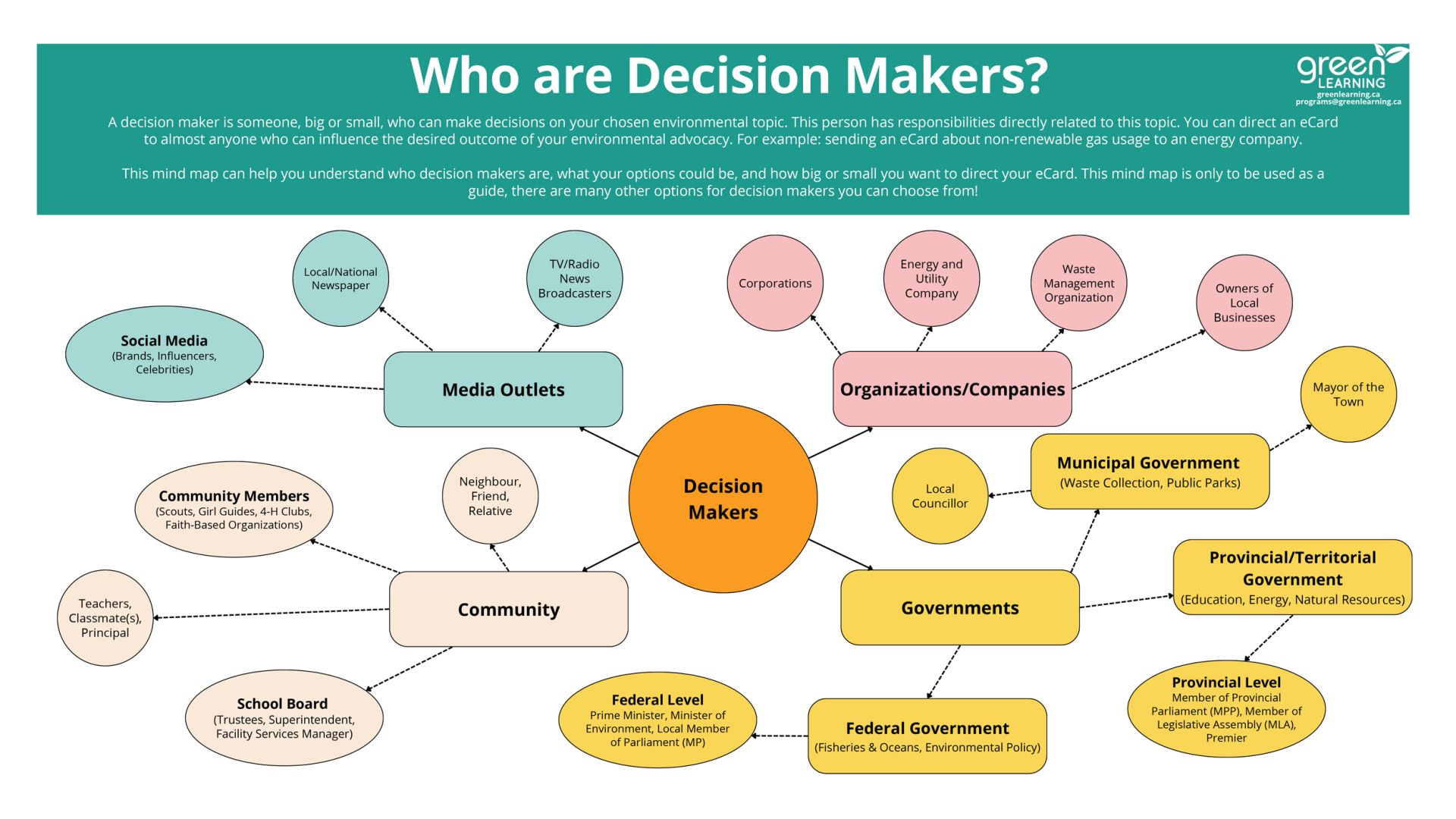Eco 360
Rethink Your Plastic Waste!
Introduction
APPLICABLE UNITED NATIONS’ SUSTAINABLE DEVELOPMENT GOALS
Take the Eco 360 Challenge
We invite you to explore innovative solutions to the problem of plastic waste in our environment. Immerse yourself in hands-on learning by proposing a feasible innovation plan that incorporates a circular economic model, eliminating plastic waste from our environment. The grand prize for the winning class is $1,000, the second prize is $500 and the third prize is $250.
Here’s what teachers are saying about
Eco 360.
As a science teacher, I am always looking for ways to link aspects of the curriculum to current, real life situations, and the Eco 360 program makes it easier to do this. Particularly since different activities within the program can be directly linked to the curriculum in my province. I would use this program as an extension of the current curricular units, perhaps as a biweekly activity. It links well to outcomes about human impact, stewardship and the consequences of science and technology, which appear in most of the grade levels.
Madison Lehti
Science Teacher ~ Alberta
Acknowledgements
Special thanks to the wonderful professionals who contributed to this project:
Teachers
Jeffery Edward Mcdougal - High School Teacher at Trenton High School, Trenton Ontario
Sana Kaleem - Teacher in Training, Bachelor of Education, University of Ottawa
Madison Lehti - Teacher in Training, Bachelor of Education, University of Lethbridge
Kaitlyn McCormack - Teacher, Louis Riel School Division
Catherine Corkery - Teacher, Peterborough Victoria Northumberland and Clarington Catholic District School Board
Victoria Houle - Teacher, Renfrew County Catholic District School Board
Kaitlyn McCormack - Teacher, Louis Riel School Division
Catherine Corkery - Teacher, Peterborough Victoria Northumberland and Clarington Catholic District School Board
Victoria Houle - Teacher, Renfrew County Catholic District School Board

